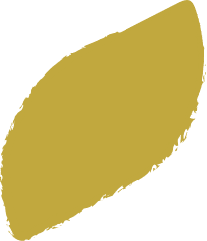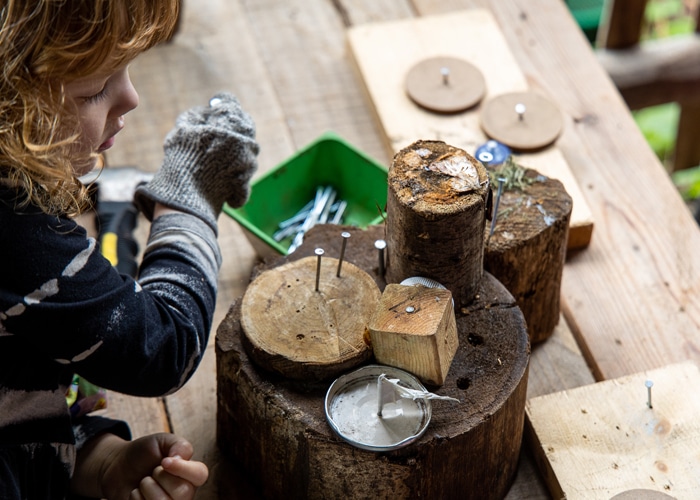

From being in our wonderful nature environments, our children learn from an early age to take responsibility for reducing waste, recycling, upcycling, and being aware of the impact of things like plastics.
Children are where looking after the planet starts, and they love to feel they are doing something useful that makes a difference. Embedding a sustainable ethos from a young age illustrates their role in looking after our world.
The environmental strand of our curriculum is broken down into three sections:
How does this look in practice……….
Though our nature curriculum our children develop a knowledge and understanding for plants and creatures we meet on our explorations and beyond.
We have developed a calendar of notable days in the nature year, and the full moon phases. They are there to be used as provocations for adult suggested activities, however our main planning is responsive and dynamic (in the moment), considering the needs, interests and child-led activities of the day.
It makes sense for us to look at our curriculum through the framework of the nature year, month by month. Each month our planning is not only informed by the children’s interests, cultures, schemas and needs but also by what is happening in our woodland garden, the parks, the beach, our kitchen garden and our workshop.
On a daily basis, we embed the Eco Warrior Values. We do this in numerous ways, for example; water left over from mealtimes and the water bottles at the end of the day is stored as ‘grey water’. This can be used for play, cleaning or mixed with banana skins to make plant feed, full of nutrients. We make our own oat milk, bread, crackers, snack, puddings, suppers etc. From planting, cultivation and harvest, we have a seed to plate ethos, thanks to our wonderful kitchen garden. Around the nursery, we use pigment paints, loose parts resources, white boards and refillable pens etc.
Alongside the children we carry our weekly checks on:
Our Eco-Warriors Mission is a cycle of sustainability we call the 6 R’s.
These are questions we ask ourselves about everything we engage with while at nursery (and hopefully at home)
Each room has its own recycling area. When it’s full we take the waste from the rooms for the children to stamp on it (lots of fun) and separate (as we explain why). The children help us to sort everything: plastic, glass, paper, cans, ink cartridges, batteries etc. If there’s anything collected that can’t be recycled in the community bins, staff and children will take it to the correct recycling depot.
Where possible, composting is our first waste disposal choice. We involve the children in the composting process from beginning to end, resulting in them growing their own food with the scraps they have thrown away.
They compost food waste, shredded paper, animal (rabbit) waste and more. We have a large double composter in the garden, a wormery and leaf mulch area. The children learn and understand how to use them, what they are for and why they are so valuable. Waste is minimal – the children take the end products to nurture our fruit and vegetables in our Kitchen Garden.
Children are naturally inquisitive and are filled with a sense of wonder at the world. We nurture this curiosity, as it is an important life-long skill. Our curriculum has been built with this in mind, embedding a love for the ownership and process of learning.
Our nature ethos is perfect for feeding growing imaginations and our use of Sustained Shared Thinking and open-ended, reciprocal conversations absolutely facilitates the development of critical thinking skills.
All our environments are set up to encourage the children’s agency over their experience. Our Outdoor Workshop is particularly perfect for a research hub. It is a hive of creativity and problem solving, a multipurpose space which is in daily use. Adults can take smaller groups of children and offer activities such as woodworking, repair-doctoring, nature-based explorations, process-led building, papermaking etc. Second-hand furniture gets upcycled for use in the nursery rooms or outdoor areas. Bits and bobs of all descriptions get used in our workshop or around the loose parts nursery. The possibilities are endless!

Young Friends Kindergarten
89 Holland Road
Hove
East Sussex
BN3 1JP
t: 01273 735 100
e: enquiries@youngfriends.co.uk